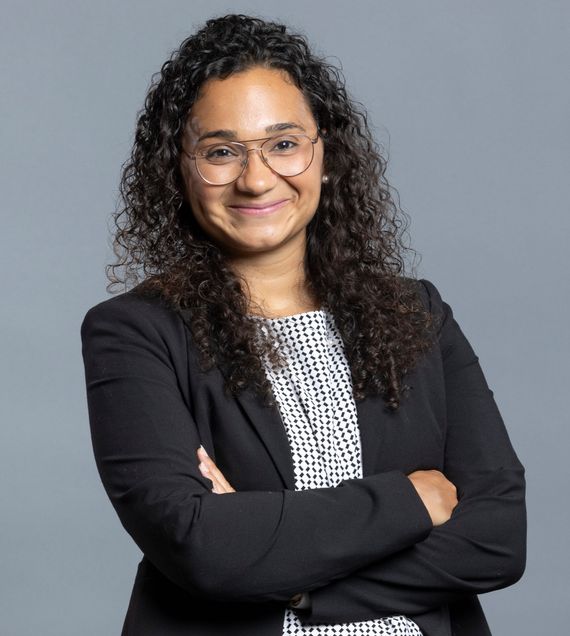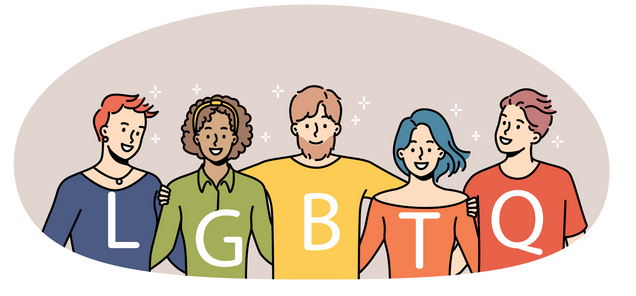By Violet Li

The inaugural CRC Faculty Research Seed Grants, awarded last Spring, have provided essential support for innovative projects advancing communication scholarship. These grants foster inter-departmental collaboration and address pressing societal issues, showcasing the power of research to make meaningful contributions. As we look ahead to the next round of funding in Spring 2025, we celebrate the grant recipients and their exceptional work.
issues, showcasing the power of research to make meaningful contributions. As we look ahead to the next round of funding in Spring 2025, we celebrate the grant recipients and their exceptional work.
In this article, we spotlight the research of Professor AnneMarie McClain, whose community-engaged study highlights the intersection of media representation and identity among marginalized youth. Below, she shares an overview of her research, the invaluable role of the CRC Faculty Research Seed Grant, and her aspirations for the impact of this work.
Research Overview and Goals

Violet: “How the CRC Faculty Research Seed Grant has enabled your work, particularly in ways that would not have been possible without the funding?”
Professor McClain:
“The CRC Faculty Research Seed Grant has been essential to this project, and I’m so honored to have received one. Focus groups are expensive and time-intensive. We need to feed people, compensate participants well, have supplies (e.g., markers, paper) for kids to participate, and compensate the nonprofit partners who are integral to recruitment efforts and data collection. Additionally, given the sensitive topics discussed and vulnerability of this community, we also need to ensure that transcriptions are made via a company that does HIPPA-compliant services, which adds another cost. With my CRC Grant, I am able to cover all of these expenses, as well as pay for a wonderfully talented undergraduate RA to round out my team of strong graduate student RAs. The fact that this project has institutional financial support from COM also meant a lot to one of the LGBTQ+ youth organizations we are working with, because it helped communicate the value of this work.”
Professor McClain:
“We have so many goals for this project! One goal is to push the field of children’s media scholarship forward theoretically; there is little work that has been done in terms of robust theorizing around the representation preferences and selections for marginalized kids, and I see ways to combine various theoretical traditions to expand our frameworks and understanding. This study is only the first of a long series of projects that I envision doing that centers this community and the ways they use media.I also hope that the project can serve as an example of the kind of inclusive methodology that can generate meaningful partnerships and findings that can be used to make a tangible difference in the lives of kids and families. Related to this, we plan to share the results and recommendations with folks in the children’s media industry, and we hope to co-design those recommendations with children’s media colleagues, our nonprofit partners, and kids and families. Media have so much potential to affirm kids and help them navigate identity, including as it relates to experiences with bias. We hope to get more conversations started about exactly what kinds of representation might help promote positive outcomes for kids who are looking to see themselves.”
The CRC Faculty Research Seed Grants demonstrate the transformative potential of targeted funding in advancing communication research and fostering meaningful societal impact. Professor McClain’s work is a testament to how these grants empower scholars to tackle pressing issues with innovative approaches, ultimately contributing to a more inclusive and equitable future. As the CRC prepares for the next round of funding, we look forward to supporting more groundbreaking projects that bridge academia, industry, and community to address the challenges of our time.